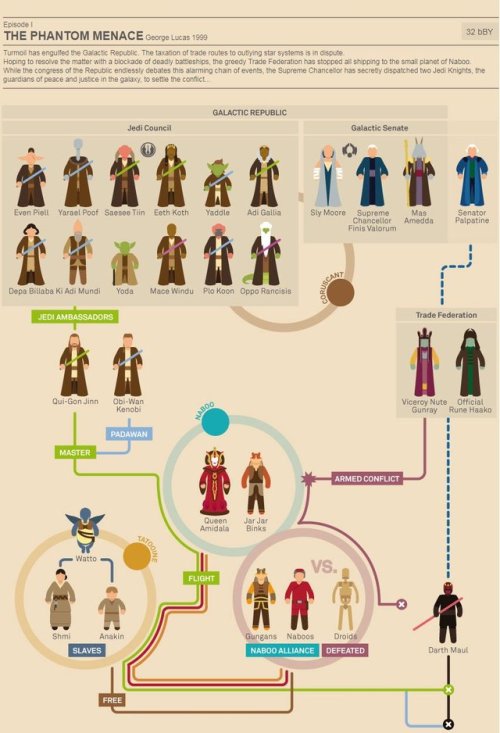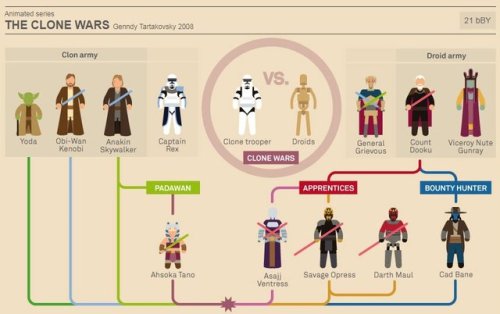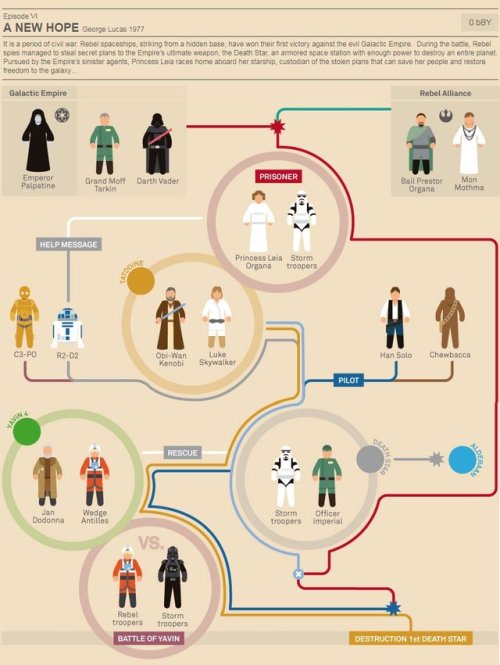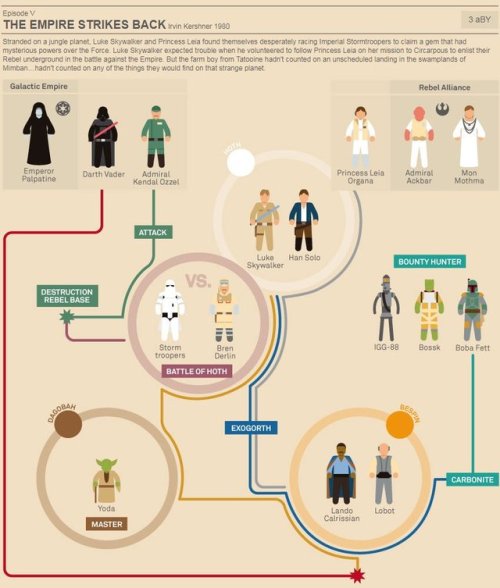My Trick For Getting Through Grad School Is Learning To Navigate The Quadrants With All Their Nuances

my trick for getting through grad school is learning to navigate the quadrants with all their nuances
More Posts from Thestarsarenotyetnamed and Others
I grew up reading Calvin & Hobbes, and one of my favorite running jokes was the snowmen that Calvin would build.










If you support gay marriage reblog this. If you're on the homophobic side, keep scrolling.

As a bisexual, it sickens me that some people WILL keep scrolling.
sometimes I just want to talk about media theory and its relation to media criticism. stuff like “criticism of media should be proportional to its source, reach, and context in order to be effective” where:
Source: is the media putting itself forward as an expert, educational, or reliable source? Is the creator seen as knowledgeable? Historical accuracy is very important in documentaries, far less so in doctor who episodes. Documentaries should face harsher criticism than doctor who for historical innacuracy.
Reach: how many people can be expected to see this? How accessible will it be? What are the barriers to entry? highly promoted movies should face harsher criticism than unlisted YouTube videos. Obscene content with no warning should face harsher criticism than obscene content with a warning.
Context: where was this published? How does it compare to other similar works on the same platform and in the same time period? How reputable is the platform and the media shown alongside it? Works published in an online journal should face harsher criticism than tumblr posts. 20 year old editorials should face less harsh criticism for not using modern vocabulary.
Effective: how likely is this criticism to stimulate a productive discussion and potentially effect change? Would a change by the creator and/or audience have an impact that’s worth your time? Spending 48 hours to get someone to take down a post with less than 200 views just isn’t worth it, especially if you increase its reach in the process. Sometimes languishing in obscurity is a more effective criticism than anything you could say.

I saw a super cute photo of a guy with a cat and I had to paint it in my own way. It let me practice some rendering techniques I haven't tried before :)
NASA released the clearest pictures yet of our neighbours in the solar system







Oh and of course us

Honourable mention






Tintin Meets Indiana Jones
Art by Adam Murphy







STAR WARS - INFOGRAPHIC The Phantom Menace + Attack of the Clones + The Clone Wars + Revenge of the Sith // by Marc Murera
This is a neutral post

Feel free to stop here and rest before journeying to the posts below.
https://vm.tiktok.com/ZTdQuxw52/
I think I found my new favorite rabbit hole. This voice actor does Shakespeare scenes in a southern accent and I need to see the whole damn play. Absolutely beautiful
I've never heard anyone say that the term "gypsy" is offensive before. I know it used to have a negative connotation, but it seems like it hasn't for a couple of centuries. Do people still identify as gypsies? I'm not arguing, but this is news to me and I would like to understand more.
Thanks for asking with the intention of understanding better!
On my father’s side, my family is Romani, the ethnic group historically called gypsies by outsiders. The name came from the misperception than we originated in Egypt (we’re actually from India). Other names for us include words that literally mean unclean or untouchable (in a taboo and gross way). We have always called ourselves Roma or Romani, so it’s not that we identify as gypsies, it’s that others identify us as gypsies. This name or label was forced on us.
Like Native Americans, we are not a dead culture. We have become splintered, and many Romani have been pushed into inescapable poverty thanks to institutional racism. Many of us have assimilated into the dominant culture of the places we live (my family fits here).
But the negative connotation to the word is very much alive and well. Romani girls and women are among the most targeted by sex traffickers. In 2017, Fox “News” aired a scare-mongering “report” on Gypsy immigrants threatening the very fabric of the US.
Historically speaking, the Romani have been forcibly relocated, sterilized, and subjected to genocide. To address the “gypsy problem,” in the 1800’s, Switzerland rounded up Romani males and sent them to North America. This is how one branch of my family arrived in the US. It tends to not get mentioned in history classes, but twenty-five to fifty percent of the Romani population living in Europe in 1939 died at the hands of Nazis.
Taking a word that has been used to label and other an ethnic group, and romanticizing and using it to describe a free-spirited and mischievous nature does not erase the baggage or harm that has been done. Gypsy and its derivative gyp (to steal or swindle) are vulgar and hurtful words that need to be retired and relegated to history.
⁂
Here are some sources and articles, should they be of interest:
The Problem with the Word ‘Gypsy’ (this whole site can be helpful)
The Harmful History of ‘Gypsy’ – discusses the modern myths and the current state
Romani Genocide – Romani specific Wikipedia article on the Nazi Holocaust
Remembering the Roma victims of the Holocaust – discusses how the Romani are often excluded from historical accounts of the Holocaust, and the impact on the people – less dry than the Wikipedia article
Persecution and Politicization: Roma (Gypsies) of Eastern Europe – nice summary of the history associated with the word from Cultural Survival Quarterly magazine
The “G” Word Isn’t for You: How “Gypsy” Erases Romani Women – from the National Organization for Women (NOW) this focuses a little more on how the long-standing stereotypes and racism hurt Romany, especially the women.
-
 mrsoftthoughts liked this · 1 month ago
mrsoftthoughts liked this · 1 month ago -
 angel-can-write liked this · 1 month ago
angel-can-write liked this · 1 month ago -
 thevideowall liked this · 1 month ago
thevideowall liked this · 1 month ago -
 everythingwasalreadypicked liked this · 1 month ago
everythingwasalreadypicked liked this · 1 month ago -
 mothcyptid liked this · 1 month ago
mothcyptid liked this · 1 month ago -
 thatonesapphicfilipino liked this · 1 month ago
thatonesapphicfilipino liked this · 1 month ago -
 mantheguillotine reblogged this · 1 month ago
mantheguillotine reblogged this · 1 month ago -
 mantheguillotine liked this · 1 month ago
mantheguillotine liked this · 1 month ago -
 euronymess liked this · 1 month ago
euronymess liked this · 1 month ago -
 venus-artist liked this · 1 month ago
venus-artist liked this · 1 month ago -
 theneonmushroom reblogged this · 1 month ago
theneonmushroom reblogged this · 1 month ago -
 theneonmushroom liked this · 1 month ago
theneonmushroom liked this · 1 month ago -
 ishouldsleepbut reblogged this · 1 month ago
ishouldsleepbut reblogged this · 1 month ago -
 cyanbugremix reblogged this · 1 month ago
cyanbugremix reblogged this · 1 month ago -
 aurorialwolf reblogged this · 1 month ago
aurorialwolf reblogged this · 1 month ago -
 soap-is-an-artist reblogged this · 1 month ago
soap-is-an-artist reblogged this · 1 month ago -
 soap-is-an-artist liked this · 1 month ago
soap-is-an-artist liked this · 1 month ago -
 gothmagic reblogged this · 1 month ago
gothmagic reblogged this · 1 month ago -
 iconoclastfaae reblogged this · 1 month ago
iconoclastfaae reblogged this · 1 month ago -
 iconoclastfaae liked this · 1 month ago
iconoclastfaae liked this · 1 month ago -
 milaek reblogged this · 1 month ago
milaek reblogged this · 1 month ago -
 raspberrie reblogged this · 1 month ago
raspberrie reblogged this · 1 month ago -
 raspberrie liked this · 1 month ago
raspberrie liked this · 1 month ago -
 non-existent-hooman reblogged this · 1 month ago
non-existent-hooman reblogged this · 1 month ago -
 non-existent-hooman liked this · 1 month ago
non-existent-hooman liked this · 1 month ago -
 teulie liked this · 1 month ago
teulie liked this · 1 month ago -
 con-mars liked this · 1 month ago
con-mars liked this · 1 month ago -
 bblblvblb liked this · 1 month ago
bblblvblb liked this · 1 month ago -
 aerionflames liked this · 1 month ago
aerionflames liked this · 1 month ago -
 the-butterflys-effect liked this · 1 month ago
the-butterflys-effect liked this · 1 month ago -
 tpest liked this · 1 month ago
tpest liked this · 1 month ago -
 addpar reblogged this · 1 month ago
addpar reblogged this · 1 month ago -
 officialhallandoates liked this · 1 month ago
officialhallandoates liked this · 1 month ago -
 fromgwithablomg liked this · 1 month ago
fromgwithablomg liked this · 1 month ago -
 the-rocktopus liked this · 1 month ago
the-rocktopus liked this · 1 month ago -
 laris-a liked this · 1 month ago
laris-a liked this · 1 month ago -
 kittiecatjay liked this · 1 month ago
kittiecatjay liked this · 1 month ago -
 ivory-schmivory reblogged this · 1 month ago
ivory-schmivory reblogged this · 1 month ago -
 rhosinthorn reblogged this · 1 month ago
rhosinthorn reblogged this · 1 month ago -
 doyoupraisethewalls liked this · 1 month ago
doyoupraisethewalls liked this · 1 month ago -
 fanfic-the-wish-your-heart-makes liked this · 1 month ago
fanfic-the-wish-your-heart-makes liked this · 1 month ago -
 rhyniechert reblogged this · 1 month ago
rhyniechert reblogged this · 1 month ago -
 rhyniechert liked this · 1 month ago
rhyniechert liked this · 1 month ago -
 ohheypeyt liked this · 1 month ago
ohheypeyt liked this · 1 month ago -
 jaehyun-jjh reblogged this · 1 month ago
jaehyun-jjh reblogged this · 1 month ago -
 mitchellspock liked this · 1 month ago
mitchellspock liked this · 1 month ago -
 itssnailcomics liked this · 1 month ago
itssnailcomics liked this · 1 month ago -
 the-spooky-poet liked this · 1 month ago
the-spooky-poet liked this · 1 month ago -
 sanguinepearl liked this · 1 month ago
sanguinepearl liked this · 1 month ago

301 posts